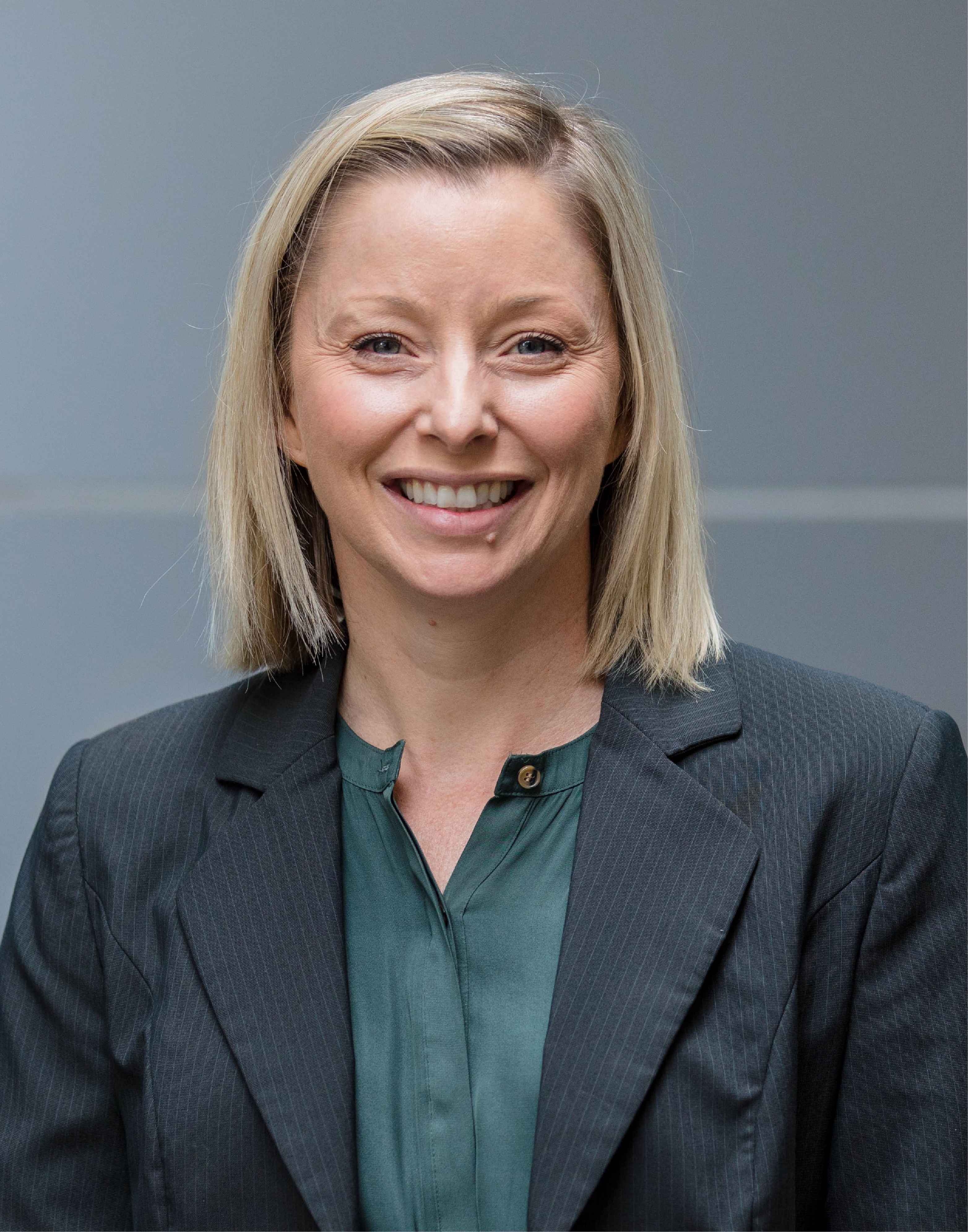Mechanisms of cell motility and survival in crowded three dimensional microenvironments
Dr Samantha Stehbens, ARC Future Fellow & IMB Fellow,
Microtubules & Motility Group, Institute for Molecular Bioscience, The University of Queensland, presents:
Mechanisms of cell motility and survival in crowded three dimensional microenvironments
 Research Bio: Dr Stehbens is a cell biologist with a long-standing interest in understanding the fundamental mechanisms that regulate cell adhesion and the cytoskeleton. She has made key contributions to the fields of quantitative microscopy, cell motility, adhesion and the cytoskeleton with publications spanning multiple fields from ion channels in brain cancer, to growth factor signalling and autophagy. Her research group at the IMB aims to understand the fundamental principles of how cells integrate secreted and biomechanical signals from their local microenvironment to facilitate movement and survival. They have uncovered an entirely novel role for the microtubule cytoskeleton in protecting cells from cortical and nuclear rupture during cell migration in 3D cell migration and invasion. Using patient-derived tumour cells, coupled to genetic alteration and substrate microfabrication, they use state-of-the-art microscopy to understand the mechanisms of cell migratory behaviour required for cancer cells to traverse the body during metastasis.
Research Bio: Dr Stehbens is a cell biologist with a long-standing interest in understanding the fundamental mechanisms that regulate cell adhesion and the cytoskeleton. She has made key contributions to the fields of quantitative microscopy, cell motility, adhesion and the cytoskeleton with publications spanning multiple fields from ion channels in brain cancer, to growth factor signalling and autophagy. Her research group at the IMB aims to understand the fundamental principles of how cells integrate secreted and biomechanical signals from their local microenvironment to facilitate movement and survival. They have uncovered an entirely novel role for the microtubule cytoskeleton in protecting cells from cortical and nuclear rupture during cell migration in 3D cell migration and invasion. Using patient-derived tumour cells, coupled to genetic alteration and substrate microfabrication, they use state-of-the-art microscopy to understand the mechanisms of cell migratory behaviour required for cancer cells to traverse the body during metastasis.
Her graduate work in the laboratory of Alpha Yap (IMB IQ) discovered how the microtubule cytoskeleton regulates cell-cell adhesion. After which she relocated to The University of California San Francisco (UCSF) to work with Prof Wittmann, a microtubule biologist who is an expert in live-cell spinning disc microscopy. Here she worked at the cutting edge of biology imaging advancements as the greater bay area research community combines several of the top-laboratories for imaging technologies. Supported by a competitive American Heart Fellowship Post-Doctoral fellowship, she identified how microtubules coordinate protease secretion during migration to mediate cell-matrix adhesion disassembly. In 2013, she returned to Australia to expand her imaging-based skill set to focus on models of cancer cell biology. Working with Prof. Pamela Pollock (QUT) she uncovered how activating FGFR2 mutations resulted in a loss of cell polarity potentiating migration and invasion in endometrial cancer. Following this, she worked with Prof. Nikolas Haass (UQDI) a melanoma expert, investigating the role of microtubule +TIP proteins in 3D models of metastatic invasion.
About CAI Seminar Series
The perfect opportunity to attend cutting-edge research presentations involving CAI researchers or collaborators, each Tuesday at 9:30am in the CAI Seminar Room, entry via CAI main doors, facing Wep Harris oval (see map).
If you would like weekly email notification for the seminar series or are interested in presenting, please contact CAI Enquiries.
*Our seminar series is now online! See our listed sessions to read more about our upcoming webinars.
To watch previous sessions, press the button below.
